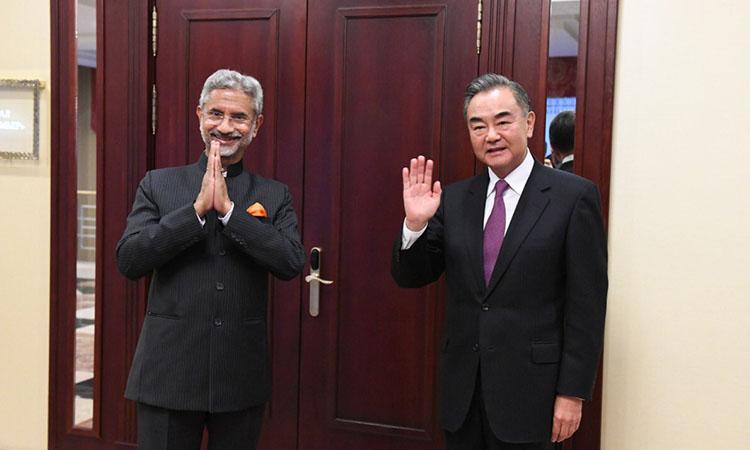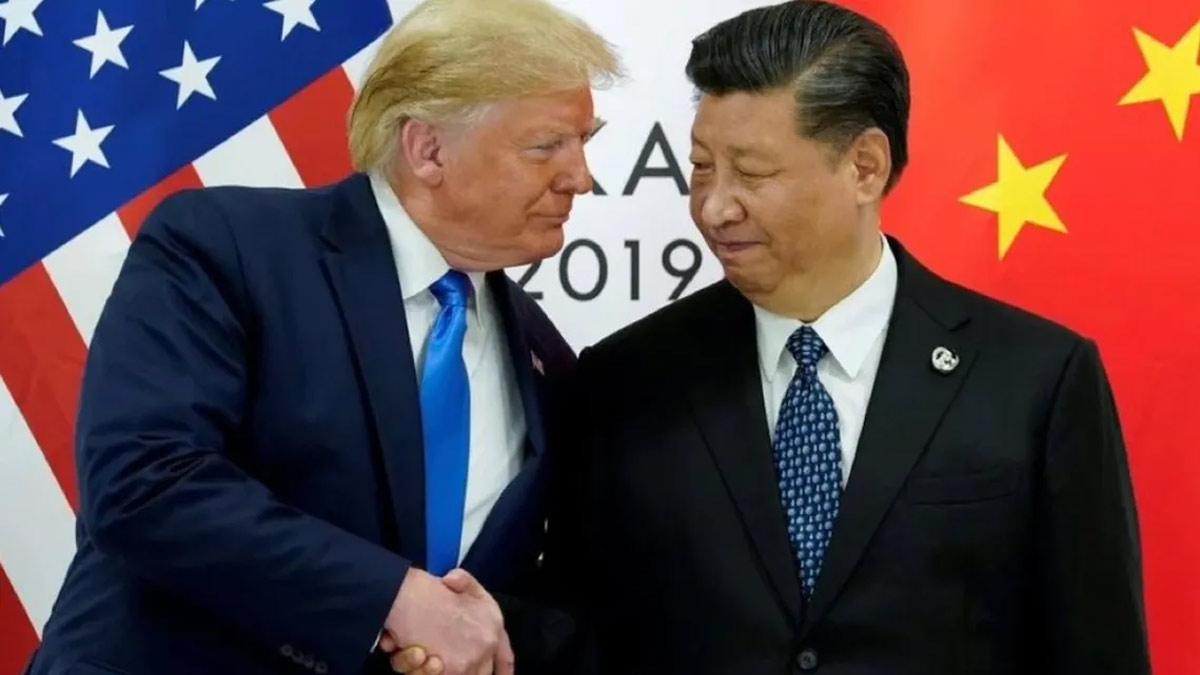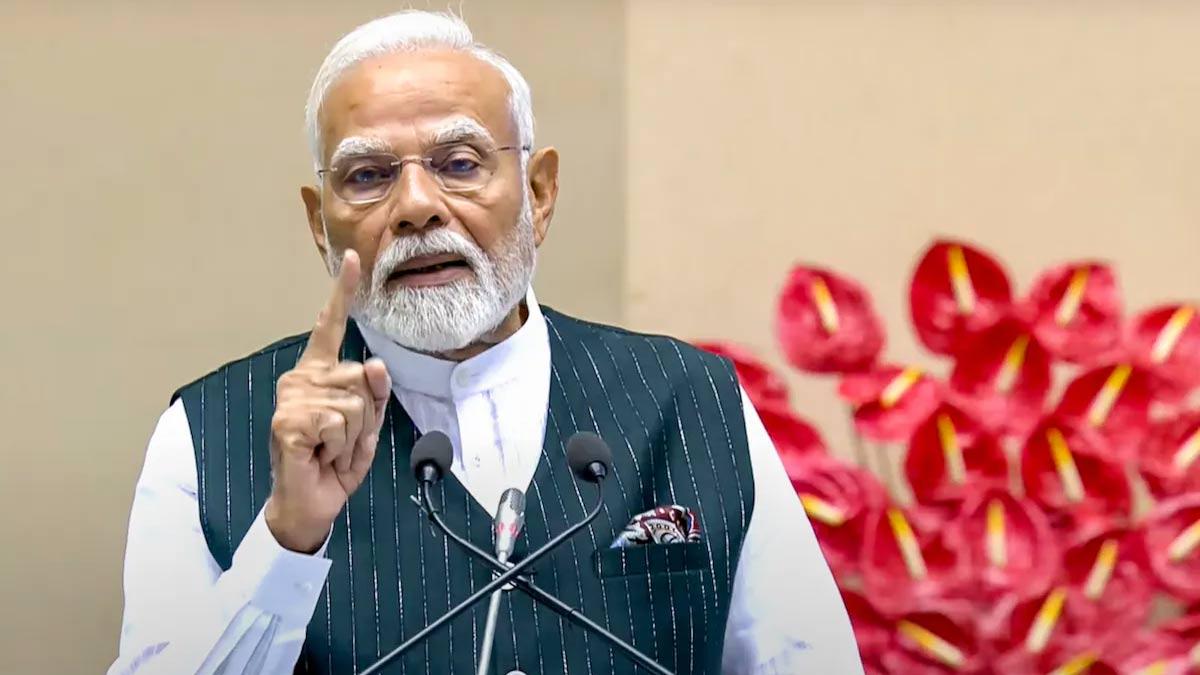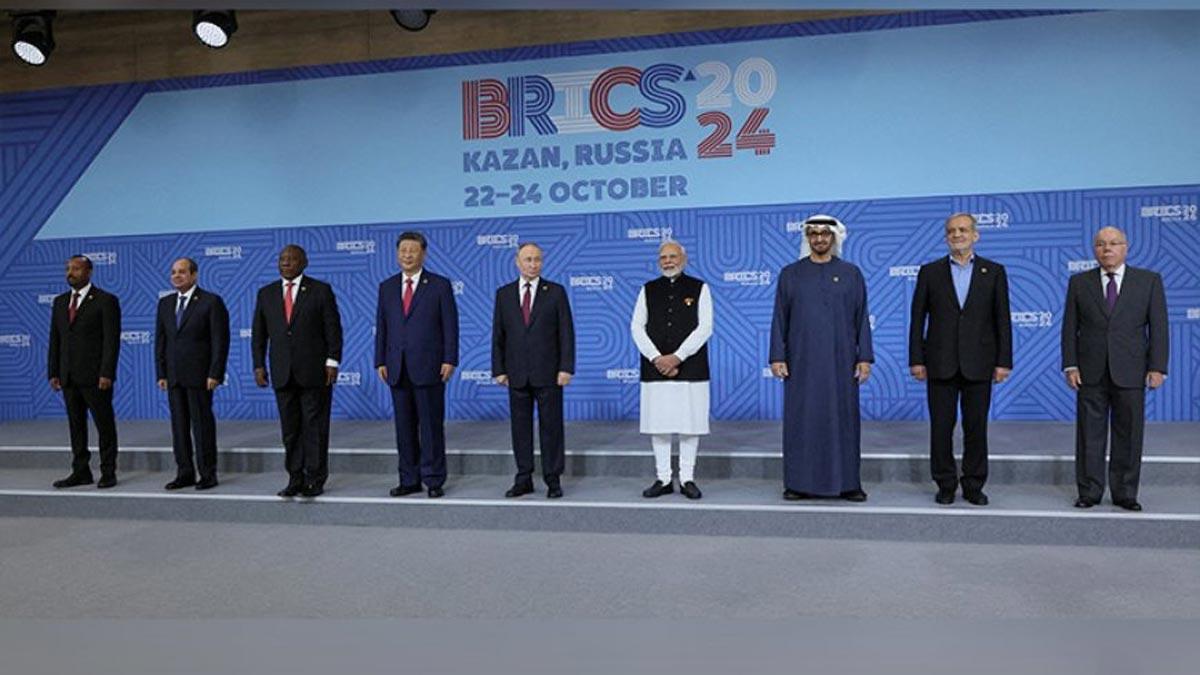Beijing on Friday agreed with Indian Foreign Minister S Jaishankar’s statement that China should not view Indo-China relations through the lens of a third country.
Chinese Foreign Ministry spokesperson Zhao Lijian told media persons that Beijing agrees with the Indian side and that there is an inherent necessary logic for the two countries to develop relations.
Meeting at the Shanghai Cooperation Organisation (SCO) summit in Dushanbe, Jaishankar conveyed the message to his Chinese counterpart Wang Yi saying that both sides should work on disengagement on the Line of Actual Control (LAC) in eastern Ladakh.
Also Read | US-led war with China over Taiwan can't be ruled out: Australia Defence Minister
“Met Chinese FM Wang Yi on the sidelines of SCO Summit in Dushanbe. Discussed disengagement in our border areas. Underlined that progress in this regard is essential for restoration of peace and tranquillity, which is the basis for the development of bilateral ties,” Jaishankar tweeted.
Jaishankar emphasized that India does not subscribe to any clash of civilization theory and that both countries should set an example to mark Asian solidarity.
“Also exchanged views on global developments. Emphasized that India does not subscribe to any clash of civilisations theory. It is also essential that China does not view its relations with India through the lens of a third country,” he added.
The border standoff between the Indian and Chinese militaries erupted on May 5 last year following a violent clash in the Pangong lake area and both sides gradually enhanced their deployment by rushing in tens of thousands of soldiers as well as heavy weaponry.
A Ministry of External Affairs (MEA) statement said, “Both sides had agreed that a prolongation of the existing situation was not in the interest of either side as it was impacting the relationship in a negative manner. EAM, therefore, emphasised that the two sides should work towards early resolution of the remaining issues along the LAC in Eastern Ladakh while fully abiding by bilateral agreements and protocols”.


















